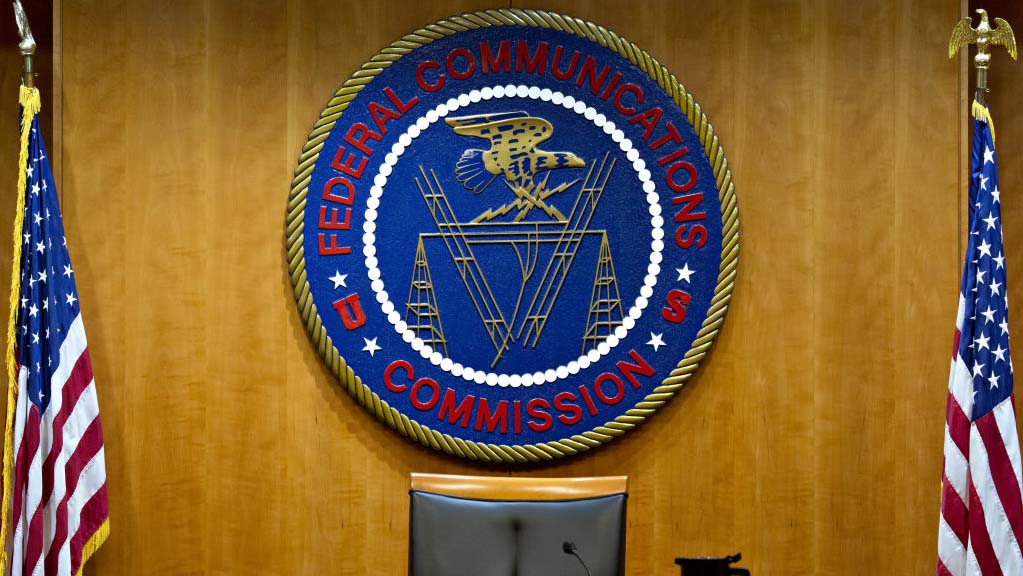
Cable operators and local governments have been sparring over how the Federal Communications Commission regulates the relationship between cable/broadband service providers and local franchising authorities (LFAs). Specifically, they’re at odds over what cable operators can charge local governments for services rendered under franchise agreements and whether LFAs can charge fees on the broadband portion of mixed-use — cable and broadband — providers.
Cable operators clearly don't want the FCC to start taking a bite out of their broadband revenue as they transition away from traditional video service and as those broadband revenues start representing a greater piece of the total pie.
But with a new Democratic FCC majority, local governments are looking to roll back some of the franchise-fee deregulation instituted in 2019 during the Republican administration of former President Donald Trump.
Buoying the LFA effort was a court decision remanding that fee-deregulation decision back to the FCC with instructions to fix some things the agency has yet to take action on. It doesn't hurt that the current FCC chair, Democrat Jessica Rosenworcel, dissented from that 2019 decision, saying it was a way to cut local authorities out of the picture when it comes to infrastructure. Current Democratic commissioner Geoffrey Starks was also a "no" vote in 2019.
In meetings with FCC officials last week, according to commission documents, attorneys for a bunch of local franchising authorities called for the commission to quickly launch a rulemaking responding to the remand by:
- repealing the mixed-use rule;
- “clarify[ing]” that an LFA should only have to pay for the marginal cost of its use of an institutional network and not the construction cost for a network that serves small businesses and other nonresidential users.
The mixed-use rule states, “A franchising authority may not regulate the provision of any services other than cable services offered over the cable system of a cable operator, with the exception of channel capacity on institutional networks.”
That means no broadband-related fees.
Attorneys for franchisors said such a prohibition impedes the congressional and FCC goal of promoting "widespread and non-discriminatory broadband deployment."
They pointed out that local governments can require broadband-only providers to obtain a franchise and pay a fee based on revenue, but a cable operator supplying both traditional video and broadband is not required to pay a fee on its broadband revenue no matter what share of those monies come from internet service.
Responding to LFA calls to ax the mixed-use rule, NCTA-The Internet & Television Association said the charge that the rule impedes closing the digital divide is “groundless,” as is the suggestion that it needs to be axed to satisfy the court remand.
In the 2017 Montgomery County (Maryland) v. FCC decision, the 6th U.S. Circuit Court of Appeals found the FCC could not use its mixed-use rule to bar LFAs from requiring franchisees to provide noncable services because that would appear to prevent LFAs from regulating institutional networks, which statute clearly allows them to do.
The court also concluded that the FCC had not sufficiently justified why it had expanded its definition of franchise fees to include non-cash (in-kind) requirements by LFAs, thus counting such arrangements toward the 5% cap on franchise fees. The court vacated those portions and remanded them back to the FCC for action, if necessary.
The FCC, under Republican chair Ajit Pai, responded with a further notice of proposed rulemaking telling the court that the “mixed-use network ruling should be applied to prohibit LFAs from using their video franchising authority to regulate non-cable services offered over cable systems by incumbent cable operators,” which includes internet access services, and clarifying that localities can still regulate institutional networks.
NCTA said the remand can be resolved simply by amending the rule to “strike the phrase ’at their fair market value’ and substitute ’marginal cost.’ ”
Contrary to the LFAs’ claims, there is no need or basis to reopen the [FCC’s decision] with respect to the mixed-use rule,” NCTA told the commission.






